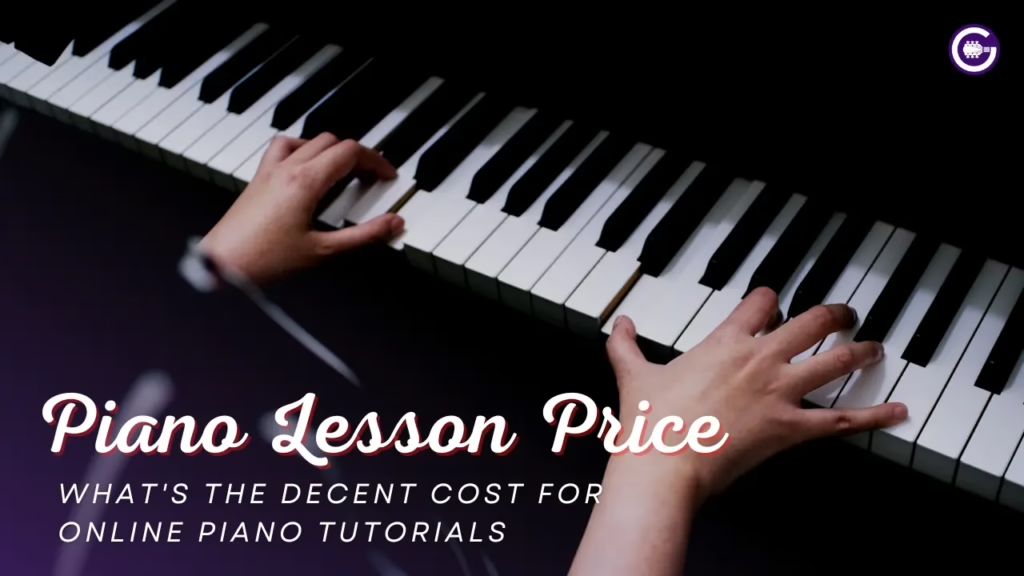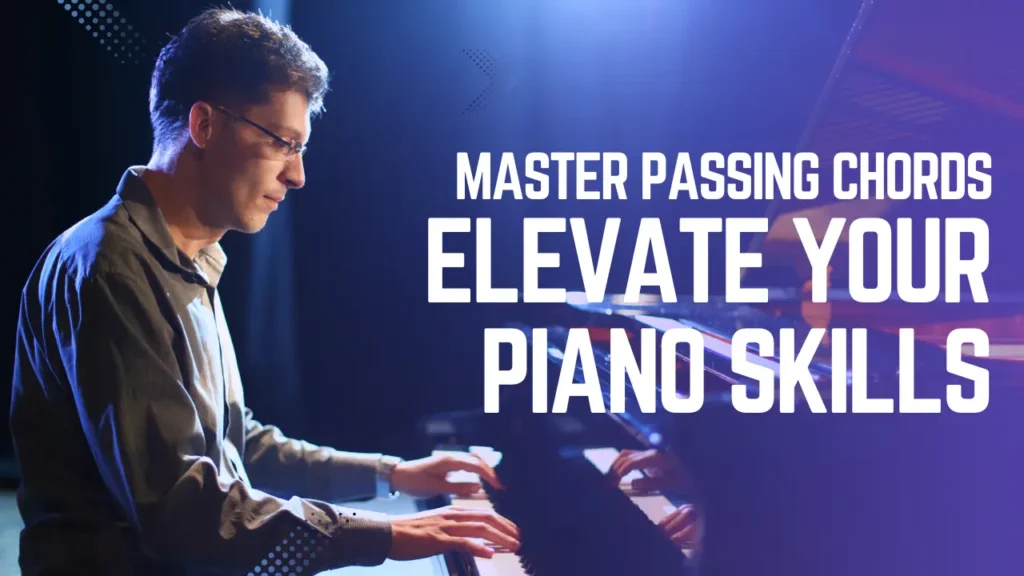Can Adults Really Learn Piano Online? Debunking the Myths

Table of Contents
For many adults, the dream of playing the piano seems out of reach. Whether due to lack of time, fear of failure, or the belief that learning music is best done in childhood, countless myths prevent people from pursuing their passion. However, with the rise of online music education, more adults than ever are discovering that learning the piano is not only possible but also enjoyable and highly rewarding. In this article, we’ll address some of the most common myths and look at real-life examples of adults who have successfully learned piano online.
1. Adults Learn More Slowly Than Children
One of the biggest misconceptions about learning piano is that children absorb music faster than adults. While young learners do have cognitive flexibility, research suggests that adults have significant advantages in learning music. A study published in the Journal of Neuroscience found that adults possess better focus, discipline, and problem-solving skills, which can enhance the learning process.
Moreover, adult learners have a deeper appreciation for music and often approach lessons with intrinsic motivation. While it’s true that muscle memory takes time to develop, adults who practice consistently often progress at an impressive rate. The key is not speed but persistence—every student learns at their own pace, and age should never be a barrier.
2. You Need a Teacher in Person to Learn Properly
Another common belief is that online lessons are ineffective compared to in-person instruction. While face-to-face lessons have benefits, online platforms now offer high-quality, structured courses with certified instructors, interactive feedback, and video lessons. A survey by the National Association for Music Education revealed that 78% of students found online music courses to be as effective as traditional lessons when combined with regular practice and feedback.
Online learning also offers flexibility, allowing students to progress at their own pace and revisit lessons whenever necessary. Some programs even provide live one-on-one coaching, ensuring personalized guidance without geographical limitations. For adults with busy schedules, this approach makes learning the piano more accessible than ever.
3. You Need Years of Training to Play Songs
Many adults hesitate to start piano lessons because they believe it will take years before they can play anything enjoyable. While mastery does require time and dedication, beginners can start playing simple pieces within a few weeks. Online platforms offer structured curriculums that focus on practical skills, such as chord progressions and hand coordination, allowing students to play familiar songs relatively quickly.
Take the case of Lisa, a 42-year-old marketing executive who had never touched a piano before. She enrolled in an online program designed for adult beginners and, within six months, was confidently playing her favorite jazz standards. By setting realistic goals and dedicating just 30 minutes a day to practice, Lisa found herself progressing faster than she had imagined.
4. Online Learning Lacks Certified Music Courses
A major concern for adults researching online piano courses is the lack of structured, certified programs. Many platforms offer generic tutorials without a clear learning path, leaving students feeling lost. However, some institutions have recognized this gap and provide carefully curated courses led by experienced instructors, ensuring that students receive a comprehensive and well-rounded education.
There are online schools that not only focus on technique but also teach essential music theory, ear training, and improvisation—elements crucial for a strong musical foundation. These structured programs ensure that adults don’t just learn random pieces but develop the skills necessary to play confidently and expressively.
Real-Life Success Stories
Beyond Lisa’s experience, there are numerous examples of adults thriving in online piano education. Mark, a 55-year-old engineer, had always wanted to play classical music but thought it was too late to start. After enrolling in an online course, he dedicated an hour each evening to practice. Within a year, he performed Beethoven’s Moonlight Sonata for his family—a goal he never thought achievable.
Similarly, Sophia, a retired school teacher, decided to pursue piano to keep her mind active. Studies show that playing an instrument can enhance cognitive function and memory retention, especially in older adults. Sophia found that online lessons allowed her to learn at a comfortable pace, and within a year, she was confidently playing pieces she loved.
The Future of Online Piano Learning
The accessibility of online learning has revolutionized music education. Whether through interactive apps, live virtual lessons or structured courses, adult learners now have more opportunities than ever to develop their piano skills. Institutions that offer certified courses and expert guidance are bridging the gap, making it easier for aspiring pianists to achieve their musical dreams.
So, if you’ve been considering learning the piano but hesitated due to myths or doubts, now is the perfect time to start. With the right mindset, resources, and dedication, anyone can learn to play, regardless of age. The real question is—what’s stopping you from beginning your musical journey today?



